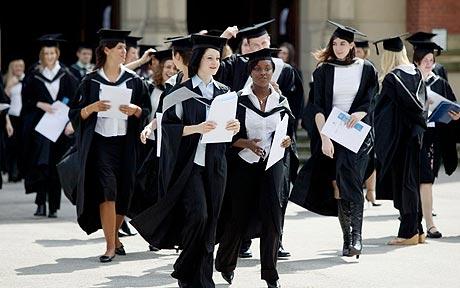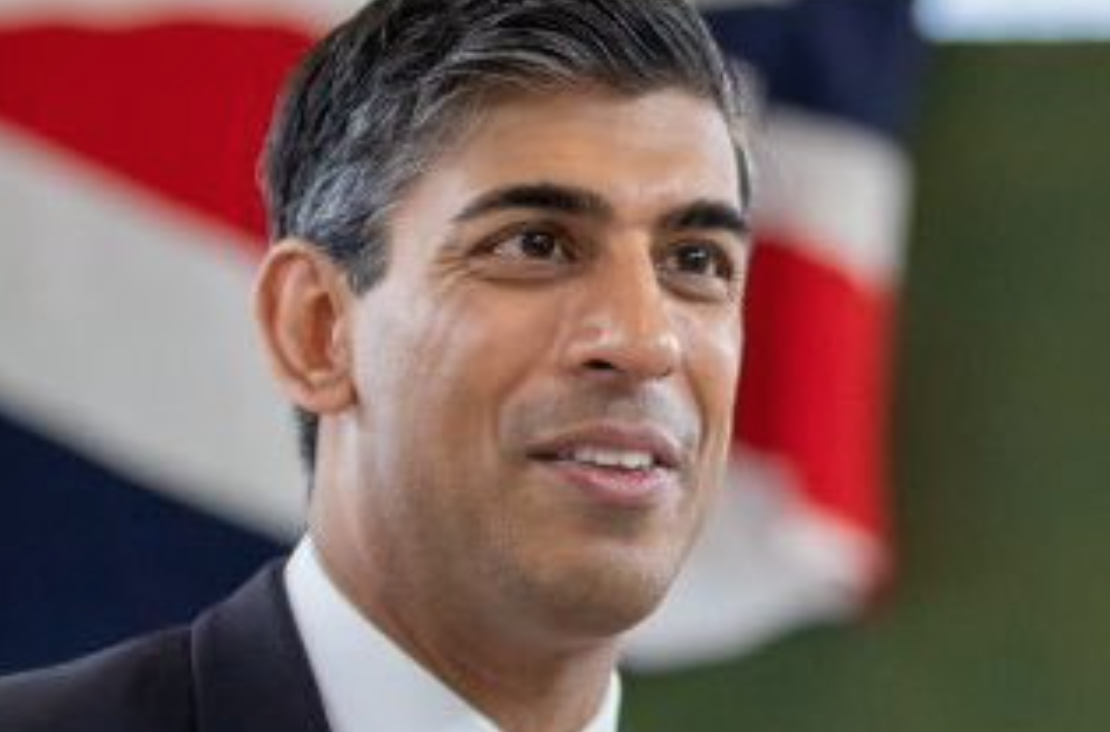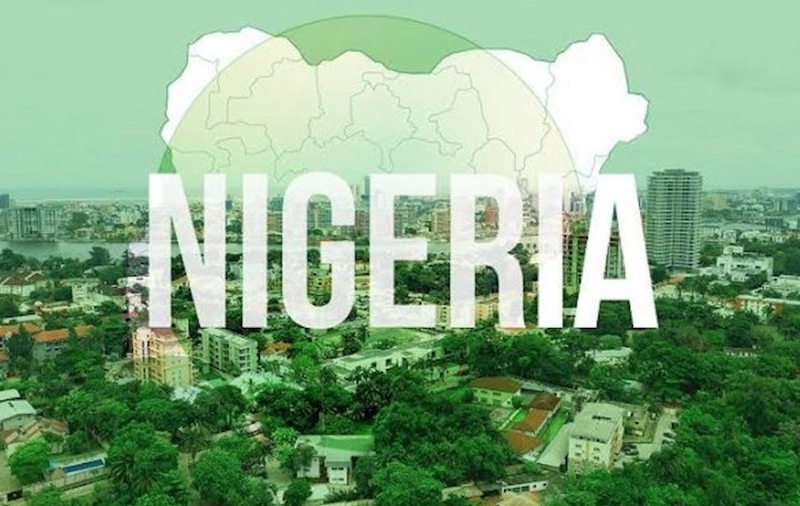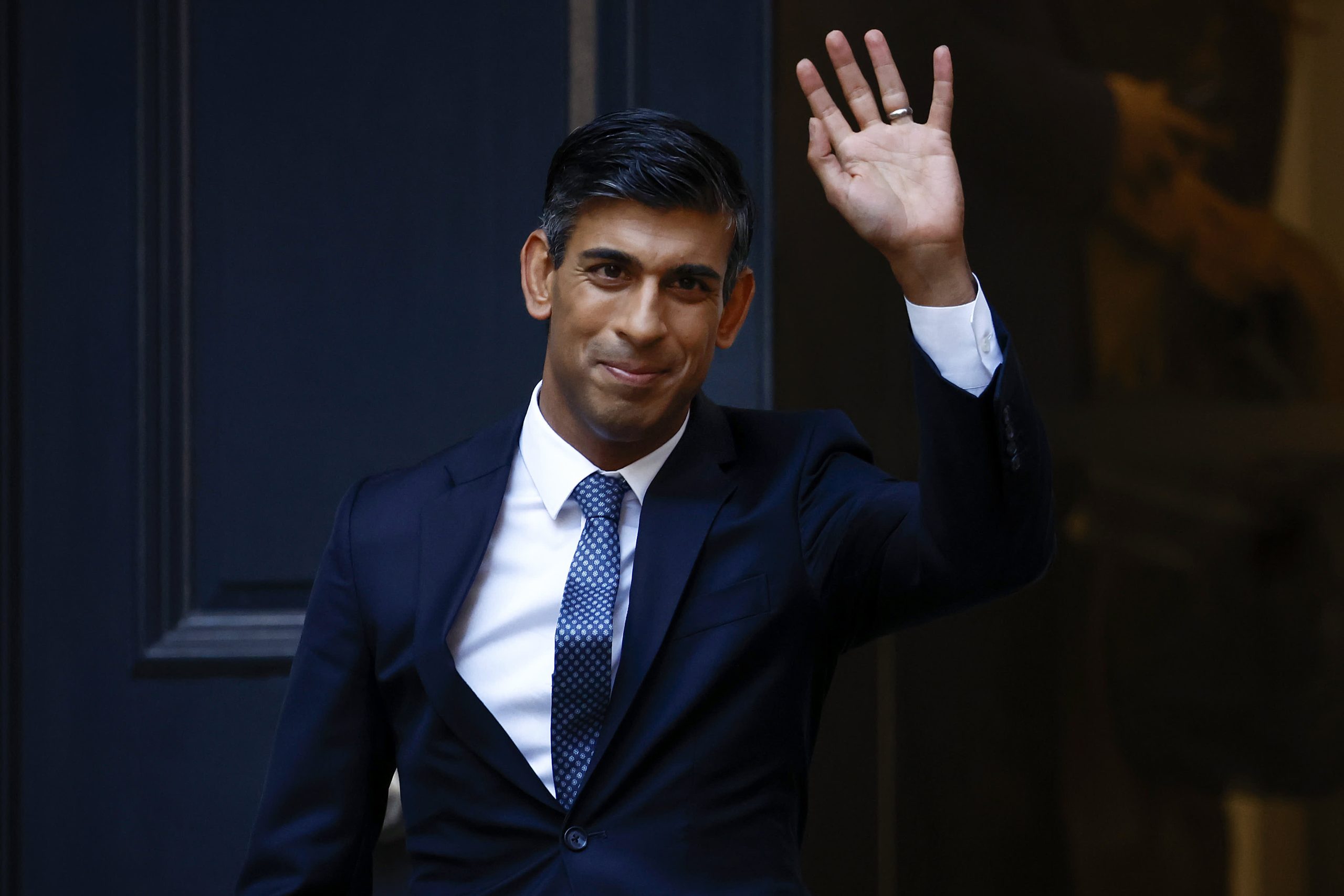In a widely shared story last week, The Economist likened the political carnage in Britain to the situation in Italy in the 1940s. Italy was a major theatre of the First World War at the end of which the country was in ruins.
It is so unstable that in spite of the tenuous hold of the Christian Democrats on power for much of the time, the country has produced 69 governments since 1945, an average of one and a half governments every two years. Italy’s instability is the joke of Europe.
Britain is not doing badly. With three prime ministers in 50 days, not to mention the execution of four chancellors of the exchequer already, with the fifth barely finding his feet, the UK is the new butt of European jokes, its modern-day Italy – or if you like, Britaly – however much Italians may dislike the comparison.
But before Britaly there was Briturkey. At the peak of its powers, Turkey, or what was then the Ottoman Empire, controlled much of Southeast Europe, Western Asia and North Africa, stretching to the borders of Egypt.
Decline set in around the 18th and 19th century as the empire was soon consumed by corruption, inefficiency and instability. Turkey, under the Sultan, became not just an embarrassment to itself but also a huge joke among the powers at the time.
Russian Czar Nicholas I, fed up with the hubris of the Turkish Empire, famously described Turkey as “the sick man of Europe.” He may well have been speaking of Britain, or if you like, Briturkey – today’s sick man of Europe.
Perhaps the emergence on Tuesday of Rishi Sunak as Britain’s third Prime Minister would halt the slide into chaos. But before Sunak, let’s go back to Brexit, the moment when the chaos gathered pace and finally unravelled.
Nigel Farage, Michael Gove and Boris Johnson led the campaign. They cashed in on the growing right-wing sentiment in the country at the time and converted it into a liveried Brexit bus, fuelled with lies, hysteria and empty promises.
They forged numbers, exaggerated differences and painted a false picture of the El Dorado that the UK would become if only the country threw off the yoke of Brussels and took back control of its borders and politics again. Freedom was the buzz word. With the rise of Donald Trump and the events in the US at the time, the Bo-Jo frenzy was red meat for the right wing.
It’s true that Britain, a largely food-importing country, has always been at the receiving end of Europe’s poor trade practices, especially its obsession with farm subsidies and shambolic regulations.
But the 27 other members of the union, who valued Britain’s membership, were not willing to negotiate, especially in a hugely interdependent and globalised world. Even after Britain’s exit, the benefits of membership have still not been fully dismantled in the tangled mess that the Irish sea border has become.
Britain has always been ambivalent about Europe, which was why it formed the spectacularly unsuccessful rival European Free Trade Association (EFTA) in 1959.
The French, often impatient, but unfailingly contemptuous of British coyness, kept the UK out of the Common Market (a precursor of the EU) until after the death of General De Gaulle in 1970. After a referendum, the UK joined the EU in 1973. But the same demons which always kept it out, only now compounded by its discovery of oil (the counterweight against the European farm subsidies) and nationalism, stoked its eventual departure in 2020.
Two years down the road, the return of £350 million on the NHS alone which Boris Johnson and co promised on the Brexit campaign bus is turning out worse than a fantasy: it’s con-artistry! Johnson got Brexit done alright, but he has left British politics in chaos and its economic rating slightly better than junk bonds. Its political reputation has taken a beating reminiscent of Dardanelles and the Suez Canal.
Sure, Britain has better flexibility to manage its affairs and its way of life. It is free from the shambolic regulations of Brussels and, let’s face it, managed COVID-19 far better than most European countries, including its traditional ally on the other side of the pond. It even has an unemployment figure lower than that of most countries in Europe and an independent Central Bank.
But this modest achievement has come at a very high price. European workers have shunned the UK with devastating consequences for services, especially the fishing, agriculture and the health sectors.
Britain is broken. Inflation is at a record high, with basic food prices going through the roof and about 33 percent of the population outside fixed mortgage contracts now struggling to pay.
Savings have been damaged, pensions are tanking and public services stretched to breaking point. The British economy, which was 90 percent of the German economy six years ago, has shrunken to 70 percent, and could shrink further as another recession looms.
On top of all of this, the Russia-Ukraine war which has destabilised global supply chains, has also exposed Britain to energy shocks significantly worse than might have been the case in the comfort of the EU zone.
This is the difficult job that Sunak has taken. He steps up weeks after the Tory Party nearly exhausted its cardboard list of potential leaders that turned up Liz Truss who will now be remembered for her dizzying flip-flops and disastrous mini-budget.
Former Lib-Dem-turned-Tory, former Abolitionist-turned-pro-Monarchist, former Remainer-turned-Brexiteer and former Wage-cutter-turned-Spendthrift, the lady, Truss, was always for the turning. And this time, she didn’t disappoint. Yet, as the Tory party rank-and-file contemplates their current misery, “otherness”, in this case the migrant, whether British-born or not, will be the scapegoat.
There were two main reasons why Tory MPs didn’t want Sunak, and both have little to do with his competence. The first, of course, was his rebellion against Johnson, which opened the floodgates.
The second, which Britain squirms to discuss, but which nonetheless is rearing its head in radio phone-in programmes, is his race. Having Sadiq Khan, London Mayor of Asian origin was difficult enough, especially at a time when Duchess of Sussex Meghan Markle is causing some discomfort in the chemistry of the royal heritage.
By some accounts, the UK has had at least 11 non-English prime ministers. But never in its over 220-year history as a union has a non-Caucasian, a 42-year-old Hindu of Indian origin, occupied Number 10.
The reality of a UK variety of the Obama-moment will spook the conservative base, raising the spectre of Britainistan. But MPs who figured that what the Tory party needed the most to retain power was competence over race, strategically blocked the decision of the new party leader from going back to the base.
MPs knew that Sunak, a grafter, was their last card. They also knew that he would have lost at a general party conference, which might have thrown up a worse choice whose precipitous exit would have hastened the call for election – an election at which Labour would have been sure to decimate them.
But just like it happened in the US after Obama’s election, the UK will likely have its own Tea Party moment, too. A rash of right-wingers who think their country is being stolen from them by “otherness” will push back, perhaps even violently.
France has struggled to keep this dangerous fringe at bay. As the recent election of Italy’s President, Giorgia Meloni, showed, however, right-wingers who are once again stirring in Europe, may now find their cousins in the UK.
Yet, if Sunak manages to re-unite his party, calm the markets and stabilise the country – as I believe he can from his COVID-19 record – he might well be poised for the historic role of being more than just a placeholder for the Tory Party; and who knows, get his own mandate.
It’s Sunak’s moment and I think he will seize it, even though his road will be rough.
Ishiekwene is Editor-In-Chief of LEADERSHIP






